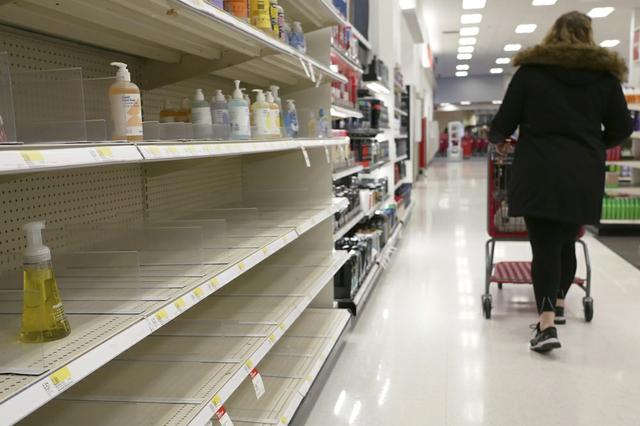Impending Food Shortage in the United Kingdom Due to Coronavirus

The corona pandemic and the demand for products for Christmas have created shortages in UK warehouses, threatening a shortage of food for the United Kingdom.
Food producers such as the British Unilever and the Swiss Nestlé and food industry associations warn against this. They fear the food supply chain is reaching its peak and say it cannot handle further disruptions.
Besides, trade talks between the United Kingdom and the European Union, from which the country receives a lot of food products, are still challenging. The United Kingdom itself produces more than half of the food it consumes.
There are fears of shortages of certain products made in the EU, such as canned tomatoes, olive oil and baby food. Even with a Brexit deal, prices of certain foods will rise, the British food industry expects.
Unilever and Nestlé say they are stockpiling, but warehouses are overcrowded. Unilever says it can no longer make use of the transfer of stocks as at the beginning of the virus outbreak. Nestlé also says that keeping stocks up is a priority now that talks between Brussels and London are not making much progress.
Unilever wants “governments on both sides” to do whatever it takes to keep ports and roads open for “smooth and consistent” supply routes. Logistics companies are already hiring extra staff to handle the increase in demand for processing and storage of products.
The UK trade association, Food and Drink Federation, is concerned about these developments due to a lack of safe food storage options. The organization also points to the already worrying accumulation of containers in Felixstowe, the leading British cargo port, and the consequences for the distribution of food.
The association does not think that food will run out in the UK, but it does believe there will be “sporadic shortages” of certain products and brands.
The British government says it is working with the food industry to ensure adequate supplies and has prepared scenarios for the end of the year, including avoiding congestion on border flows.